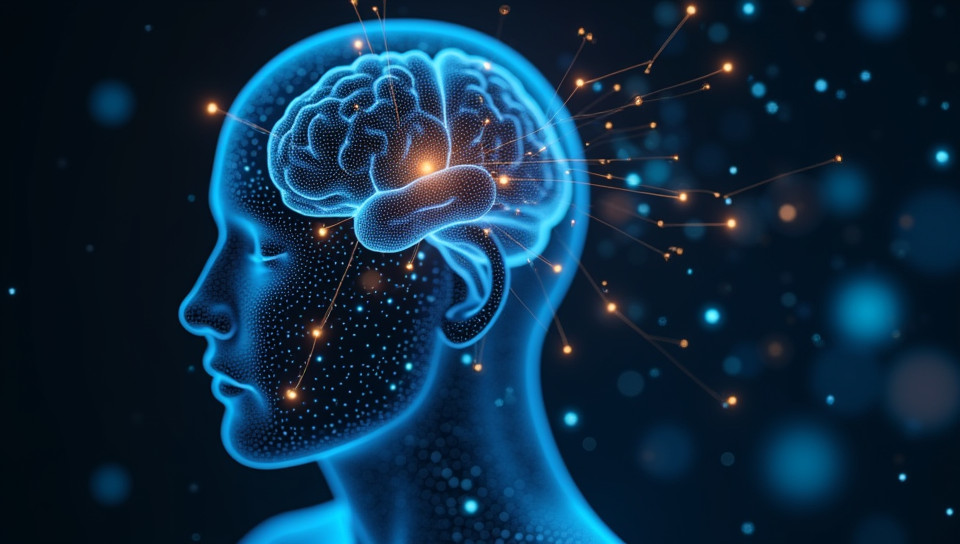Algorithms in machine learning optimize decision-making processes 92%

Optimizing Decision-Making Processes: The Power of Algorithms in Machine Learning
In today's data-driven world, organizations rely heavily on making informed decisions based on complex patterns and trends hidden within vast amounts of information. However, the sheer volume and complexity of this data can make it difficult for humans to identify the most effective course of action. This is where machine learning algorithms come into play, revolutionizing decision-making processes by providing unprecedented accuracy and speed.
The Role of Algorithms in Machine Learning
Machine learning algorithms are designed to analyze vast amounts of data and learn from their experiences to improve performance over time. These algorithms can be broadly classified into two categories: supervised and unsupervised learning.
- Supervised learning involves training the algorithm on labeled data, allowing it to learn patterns and relationships between variables.
- Unsupervised learning allows the algorithm to identify hidden patterns in unlabeled data without any prior knowledge of the expected outcome.
Types of Machine Learning Algorithms
There are several types of machine learning algorithms that cater to specific decision-making needs. Some of these include:
Regression Algorithms
Regression algorithms predict continuous outcomes based on input variables. They can be used for predicting house prices, stock market trends, or any other variable that exhibits continuous behavior.
Classification Algorithms
Classification algorithms categorize data into predefined classes based on input features. These algorithms are commonly used in image recognition, sentiment analysis, and spam detection.
Clustering Algorithms
Clustering algorithms group similar data points together to identify patterns or relationships within the data. They can be used for customer segmentation, market research, and disease diagnosis.
Applications of Machine Learning Algorithms
Machine learning algorithms have a wide range of applications across various industries, including:
- Predictive Maintenance: Using machine learning algorithms to predict equipment failures and schedule maintenance.
- Customer Segmentation: Identifying customer segments based on behavior, demographics, or preferences.
- Personalized Recommendations: Offering tailored product recommendations based on user behavior and preferences.
Conclusion
In conclusion, machine learning algorithms play a vital role in optimizing decision-making processes by providing accurate predictions, identifying patterns, and categorizing data. By leveraging these powerful tools, organizations can make informed decisions faster, reduce costs, and improve efficiency. As the world becomes increasingly complex, machine learning algorithms will continue to be an essential component of any successful business strategy.
- Created by: Andriy Savchenko
- Created at: July 28, 2024, 1:21 a.m.
- ID: 4146

